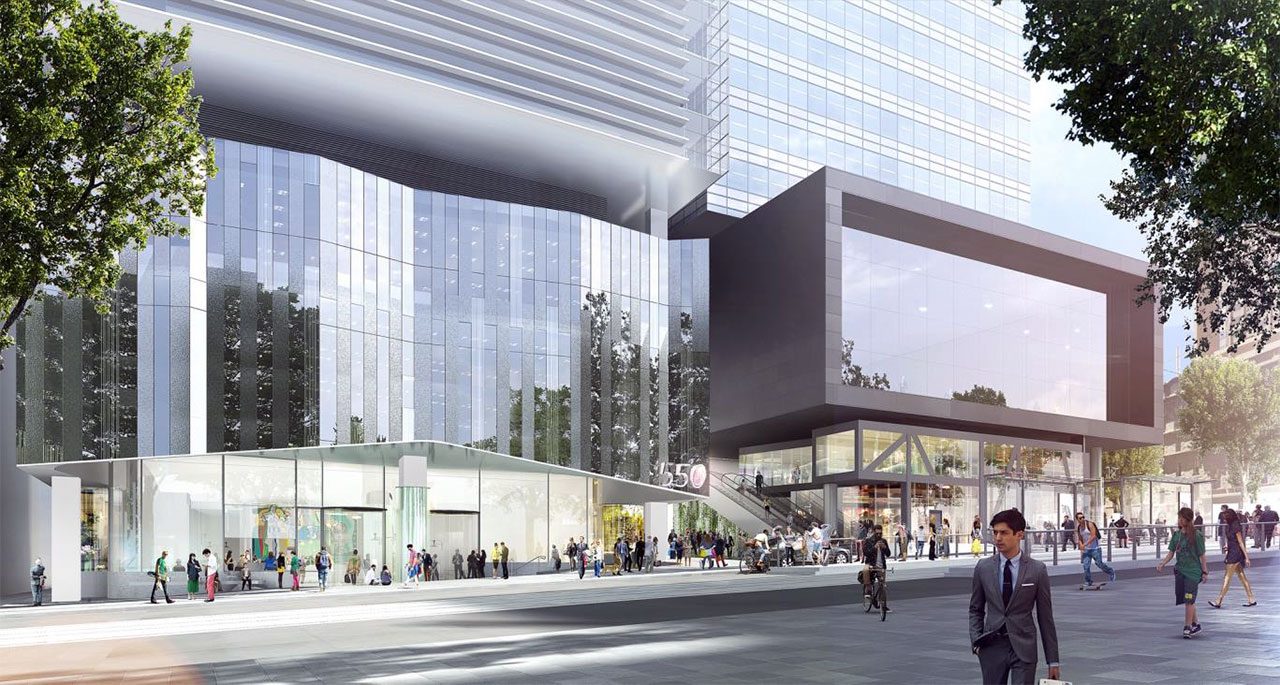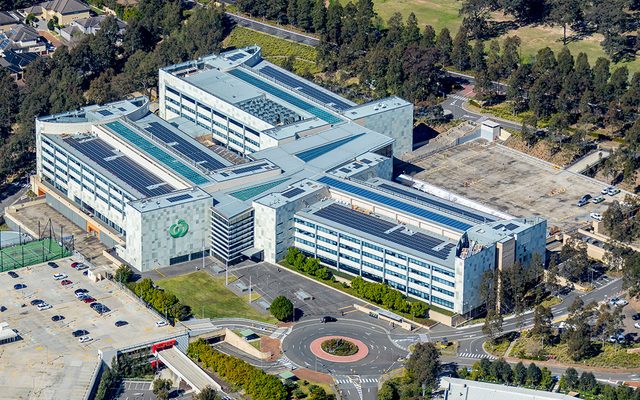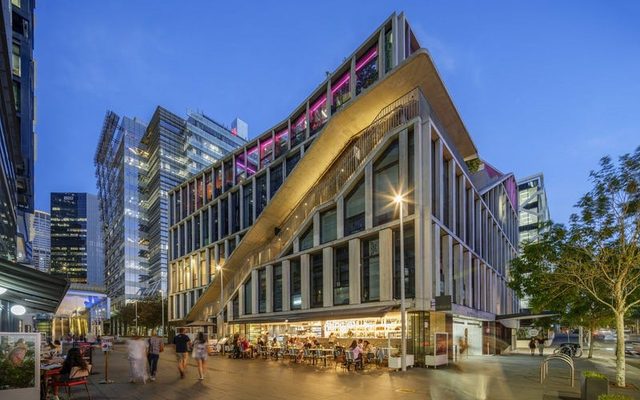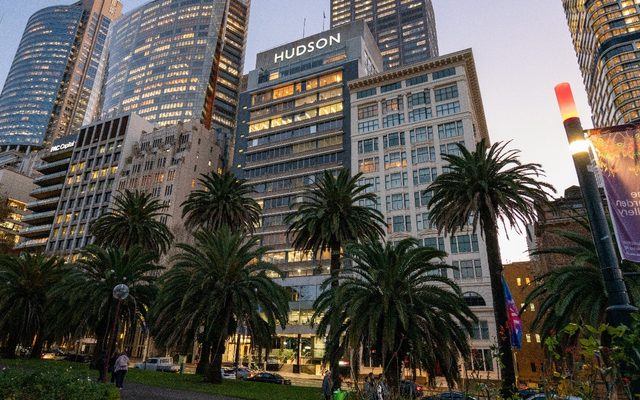This article is from the Australian Property Journal archive
LOWER property valuation gains have cut GPT’s (ASX: GPT) interim profit by more than half, but it continues to enjoy strong numbers in Sydney-centric office and logistics portfolios.
Net profit after tax was $352.6 million for the six months to the end of June, down from $728.5 million in the prior corresponding period, while funds from operations was $295.9 million, increasing by 2.0% to 16.36 cents per security.
Distribution per security was up 4.0% to 13.11 cents.
GPT’s chief executive officer, Bob Johnston said the group’s portfolio delivered strong comparable income growth led by the performance of its office assets.
He said office market fundamentals in its core markets of Sydney and Melbourne remain positive. Gains in the office portfolio drove a net valuation increase of $130.8 million for the period, with comparable income growth of 6.5% and a total return for the 12 months to 30 June of 10.9%.
During the half, the group sold off the MLC Centre in Sydney’s CBD, resulting in a return of 20% per annum achieved over the past three years, and launched an $800 million capital raising to fund the acquisition of a 25% interest in Darling Park 1 & 2 and Cockle Bay Wharf, taking the group’s share in the assets to 75% when combined with the GPT Wholesale Office Fund’s existing stake. The office towers are 99.7% occupied with a weighted average lease expiry of 5.6 years.
“The fundamentals for the office and logistics sectors in Sydney and Melbourne remain positive, with low vacancy levels and manageable supply pipelines, while conditions in Brisbane are showing signs of improvement,” Johnston said.
GPT also acquired a portfolio of five logistics assets $212 million across Sydney, in the suburbs of Kingsgrove, Villawood, Blacktown and Erskine Park.
“The recent acquisitions are consistent with our strategy of increasing our exposure to the office and logistics sectors while we are also investing in our retail assets to ensure that they are well positioned to grow market share and respond to changing market conditions,” Johnston said.
GPT has continued its sell-down of retail assets as it looks to take down portfolio exposure in the struggling sector to 40%, while boosting logistics investments to $3 billion.
Johnston said the logistics portfolio benefitted from development completions, acquisitions and leasing completed during the period, while the retail portfolio also made a “solid contribution”. Comparable income growth was 2.2%, while $200 million of logistics projects are underway following completion of a new $70 million facility at Eastern Creek.
Of the retail assets it is holding on to, major works are planned to begin in the first half of 2020 at both Melbourne Central and Rouse Hill Town Centre, while the Sunshine Plaza redevelopment was completed in March. Retail portfolio like for like income growth was 1.4%, due to weak trading environment at Casuarina Square and increased downtime, although its retail portfolio was maintained a high 99.5% occupancy rate.
“Retail headwinds persist, however assets in the right locations are continuing to attract demand from domestic and international tenants and we expect that the retail environment in the second half of the year will benefit from lower interest rates, income tax relief and the stabilisation of house prices,” Johnston said.
Guidance of 2.5% growth for FFO per security and 4.0% growth in distribution per security for the full year were reaffirmed.




